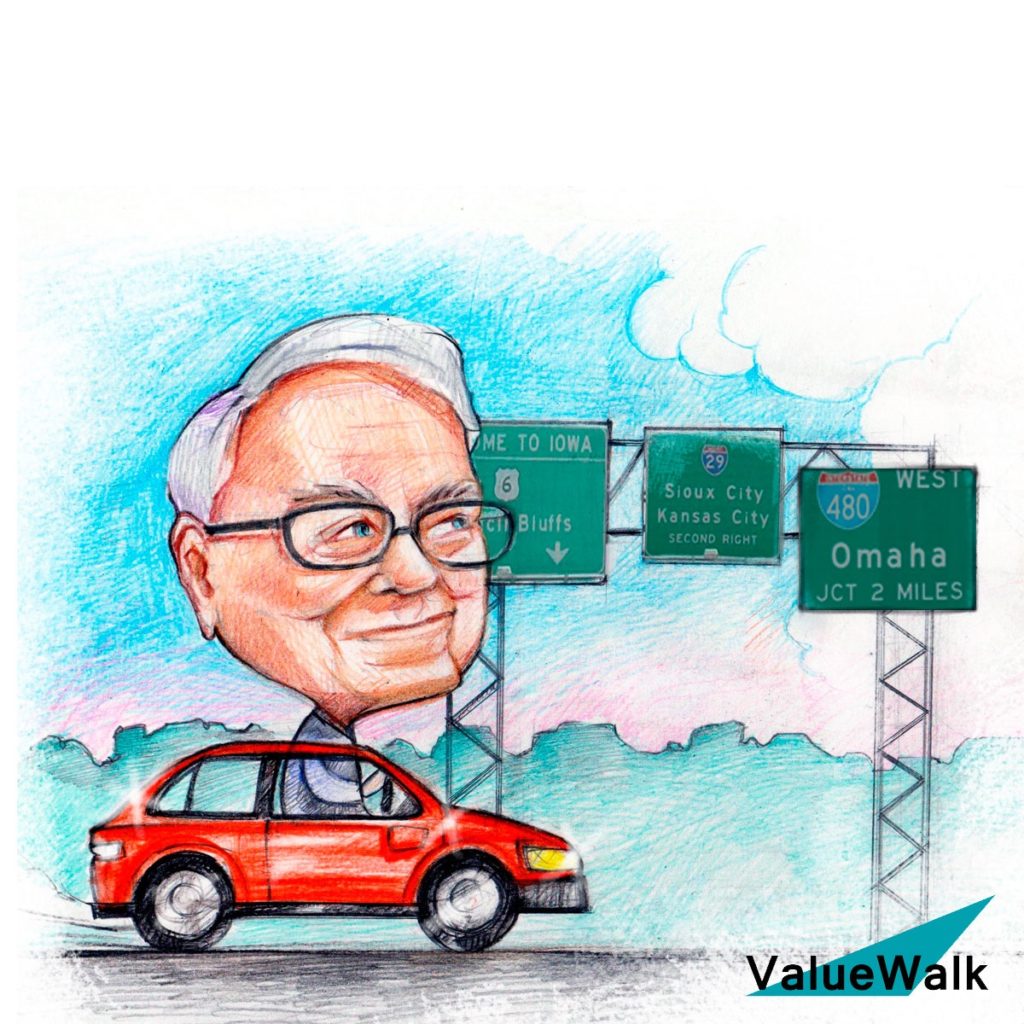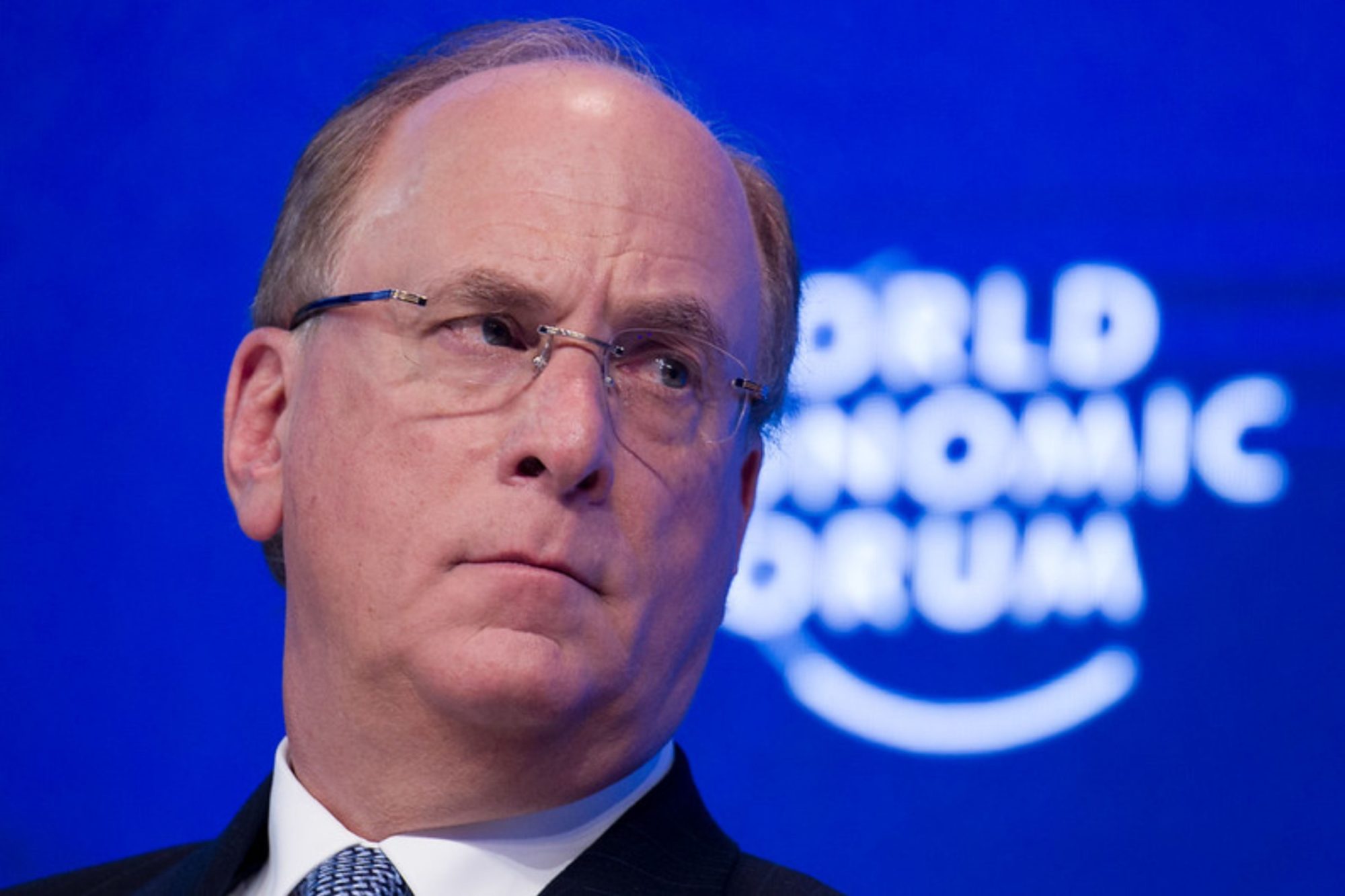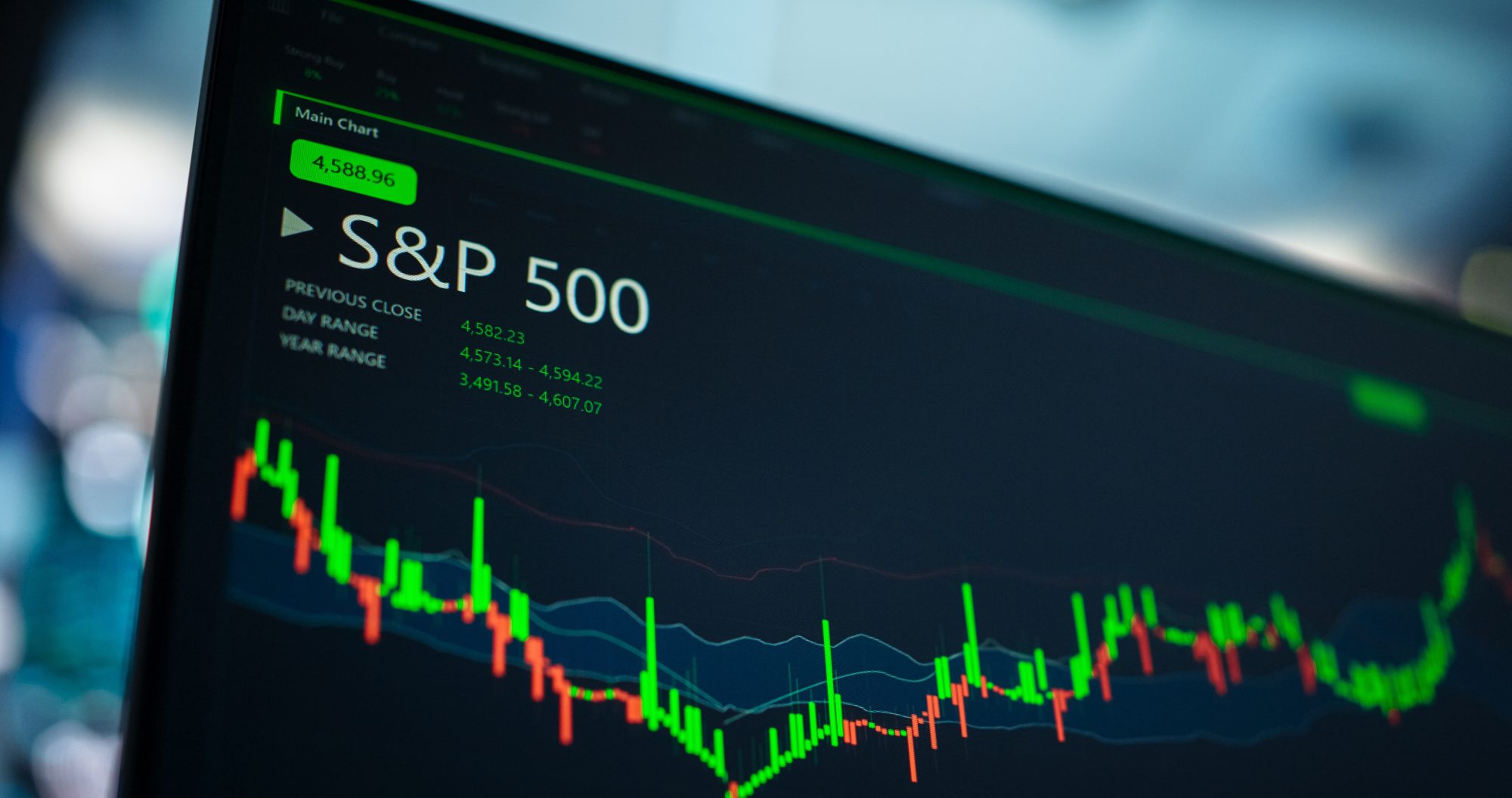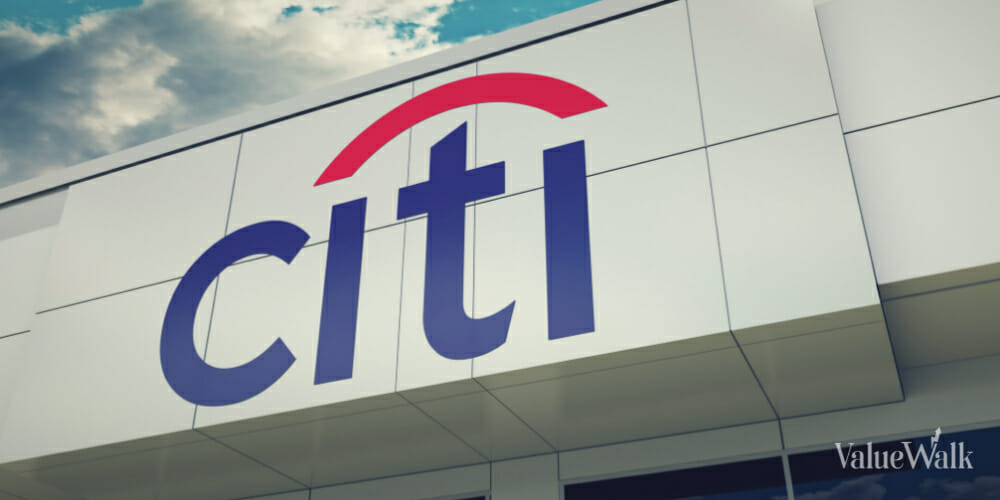Summary
- Since Berkshire had operating earnings of $24 billion over the previous 12 months from June 30, 2021, all of Berkshire’s businesses are being valued by the market at less than 15 times earnings.
Q2 2021 hedge fund letters, conferences and more
- If Berkshire’s businesses were conservatively valued at 20 times operating earnings, then they would have an enterprise value of $480 billion.
- Subtracting the float of $142 billion would then result in an equity value of $338 billion.
- Adding $338 billion (businesses) to $452 billion (stock portfolio plus cash) results in an overall equity valuation of $790 billion.
- Then Berkshire’s current market valuation of $660 billion represents a 16% discount from my calculation of its intrinsic value.
Berkshire Hathaway Stock Is Undervalued
As of June 30, 2021, Berkshire Hathaway’s (NYSE:BRK.A) (NYSE:BRK.B) stock portfolio ($308 billion) plus cash ($144 billion) equal $452 billion. Its current market value, as of August 10, equals $660 billion. Subtracting $452 billion (stock portfolio plus cash) = $208 billion. Adding its insurance float (expected future claims on its insurance policies) of $142 billion (June 30) results in an “enterprise value” of $350 billion for all of its 60+ businesses including the major segments of insurance, BNSF Railroad, and Berkshire Hathaway Energy.
Since Berkshire had operating earnings of $24 billion (trailing 12 months from June 30), all of Berkshire’s businesses are being valued by the market at less than 15 times earnings. Currently, the S&P 500 is being valued at approximately 30 times earnings. If Berkshire’s businesses were conservatively valued at 20 times operating earnings, then they would have an enterprise value of $480 billion. Subtracting the float of $142 billion would then result in an equity value of $338 billion. Adding $338 billion (businesses) to $452 billion (stock portfolio plus cash) results in an overall equity valuation of $790 billion. Then Berkshire’s current market valuation of $660 billion represents a 16% discount from my calculation of its intrinsic value, which translates into a Class A share price of approximately $524,000. Berkshire’s closing price on August 10 was $434,610.
If Berkshire’s businesses were valued at 25 times operating earnings, then they would have an enterprise value of $600 billion. Subtracting the float of $142 billion would then result in an equity value of $458 billion. Adding $458 billion (businesses) to $452 billion (stock portfolio plus cash) results in an overall equity valuation of $910 billion. Then Berkshire’s current market valuation of $660 billion represents a 27% discount from this equity valuation which equates to a Class A share price of approximately $604,000.
Article by Dr. David Kass













